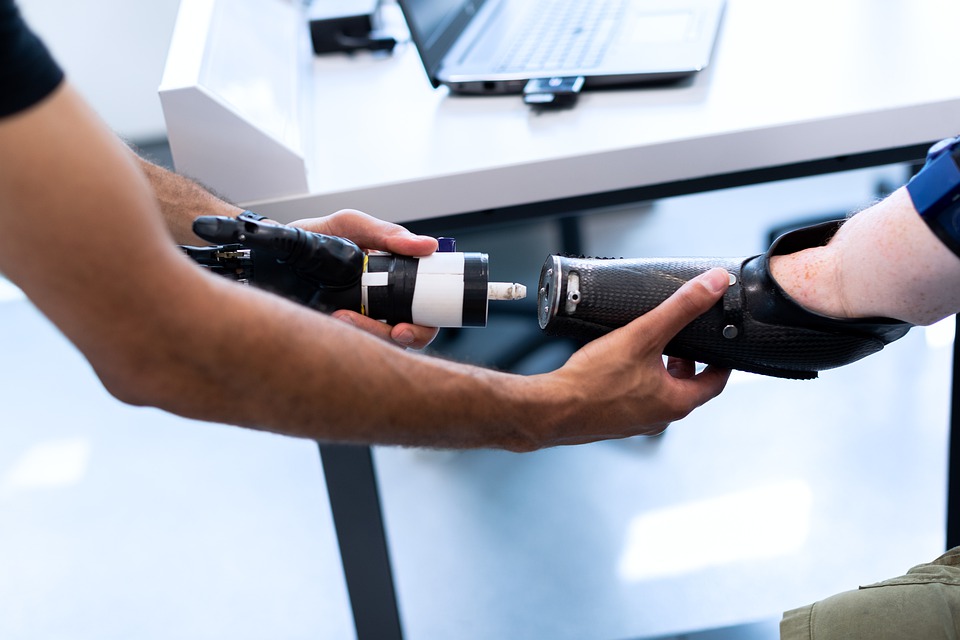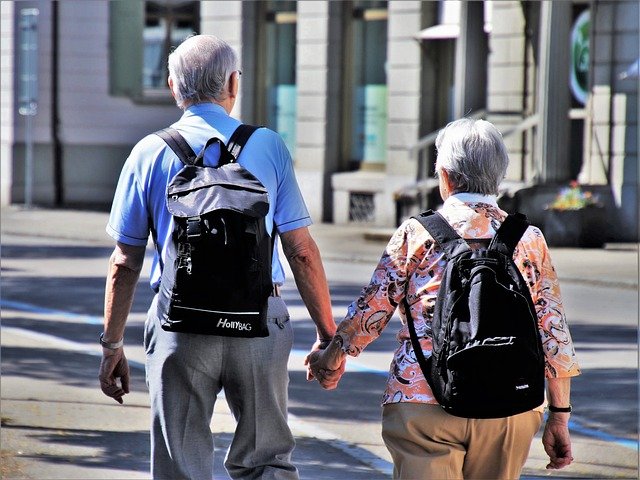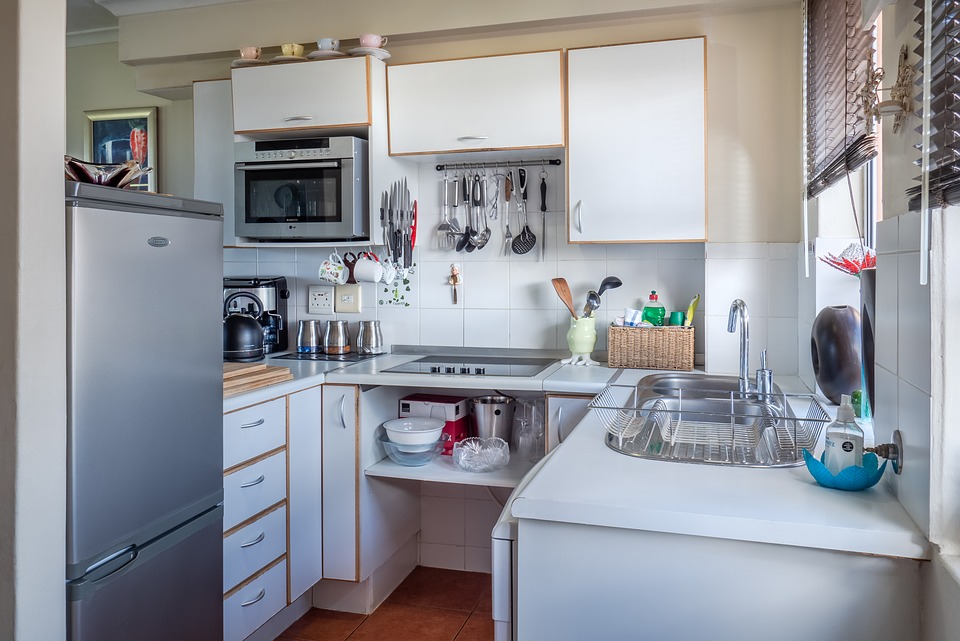When a loved one has a disability, it’s important to know about the various types of disability
support available. There are two types of services available: residential and supervisional.
Residential disability support helps disabled persons live an independent lifestyle. Short-term
disability support is intended to help disabled persons make lifestyle changes and adjust their
employment details. This assistance may be provided by an insurance policy. This type of
support can be beneficial for those who find it difficult to manage their daily routines without
assistance.
People who have been living with disability for over three years are eligible for long-term support
services. These services will help them to learn new skills, and help them to get back into work.
These services are for people who disability support services previously worked but are now unable to continue in
their current Boronia NDIS. A number of long-term disability support services can be provided at a
facility. Others are provided by third-party agencies. These services are for people who are
permanently disabled or unable to work in their current job.
Local governments provide disability support services. Most states have social service
departments that can provide financial support for those with disabilities. The NDIS is an
international scheme that provides financial assistance to people with disabilities. A
representative of your local NDIS coordinator may be able to help you apply for disability support
services. These services can help you pay for your basic needs and bills, and may even provide
you with a savings account. This feedback form should be filled out when you apply to disability
care.
Receiving disability assistance is only possible if you get it promptly. It can take weeks to
complete your support, depending on which service you need. It’s best that you apply for these
services early so that the disability support service can accommodate. It’s possible to not afford
the services, which can make it difficult to obtain them. However, in some cases, you may be
able to access the assistance of a local disability assistance program.
You can also receive disability aid from your local government, in addition to financial support.
Many states have a department for social services and a regional office that assists people with
disabilities. The NDIS is a national scheme. You can apply to your local coordinator. There are
also local government programs for housing, basic needs, and education. These programs can
help you save money, make your life easier, and pay for essentials. These benefits will allow you
to stay productive and reach your goals.
For people who have been permanently disabled for more than three years, long-term disability
support services may be available. These services provide skills that will allow a person to work.
They can also help a skilled disabled person take refresher courses to stay up-to-date on their
skills. For some people, the benefits are temporary, while others need to live with the disability
for a lifetime. This is a great way to get the support you need if your disability prevents you from
working.
Local governments often provide support services for disabled people. The department of social
services in most states is there to assist people with disabilities or those who require financial
assistance. The NDIS is a nationwide program that includes a local coordinator for disabled
persons. These services are not as convenient as federal or state programs but they can help
disabled people live independently and remain employed. They may also offer other benefits,
such a housekeeper trained and a tutor.
The local government can offer support for disabled people in addition to personal care services.
The majority of states have a social support department that can assist you with financial
problems. If you are a resident of a city, contact your local NDIS coordinator for assistance. You
can also contact your state’s disability assistance agency to inquire about local programs. You
can apply in your state for disability support via your regional or federal government. If you are
eligible, financial aid can also be received from the local NDIS coordinator.


